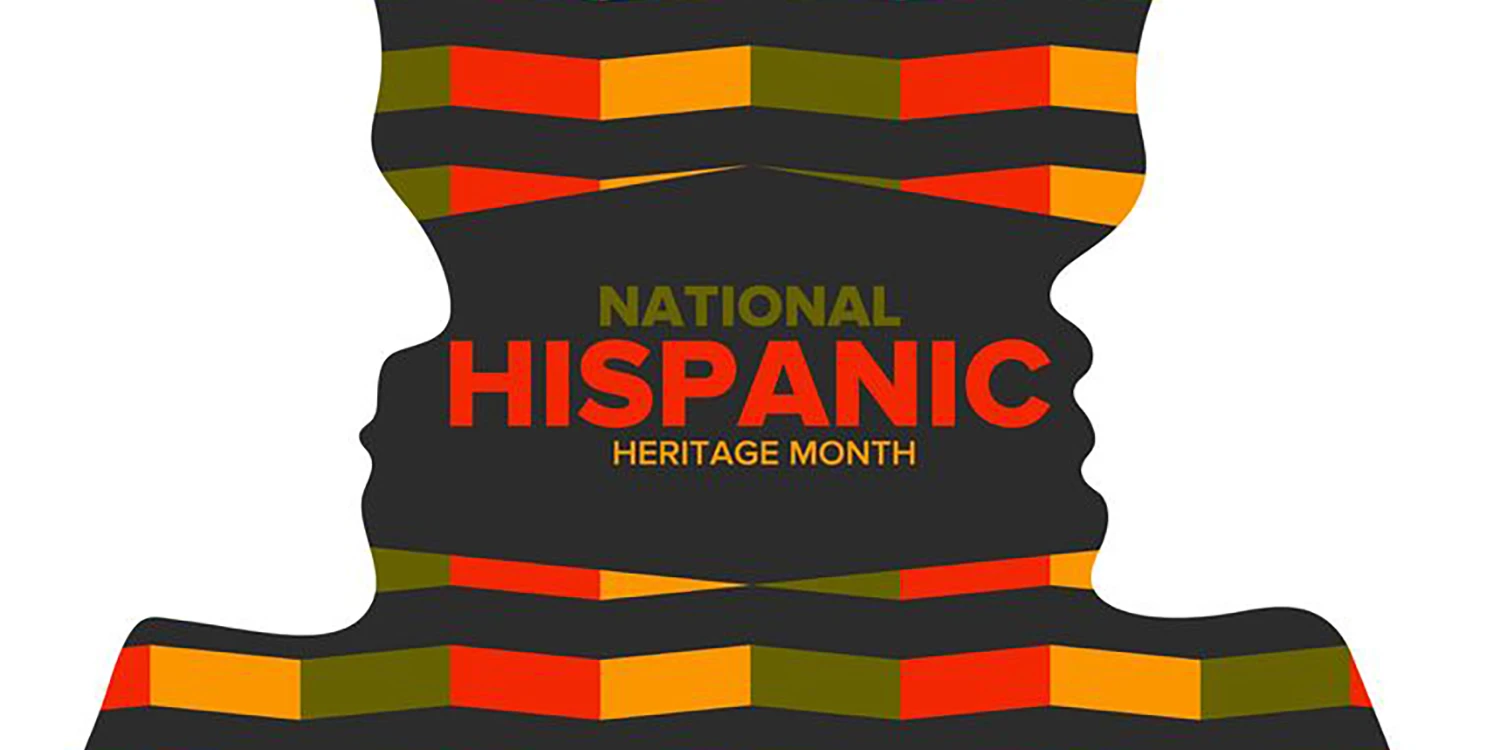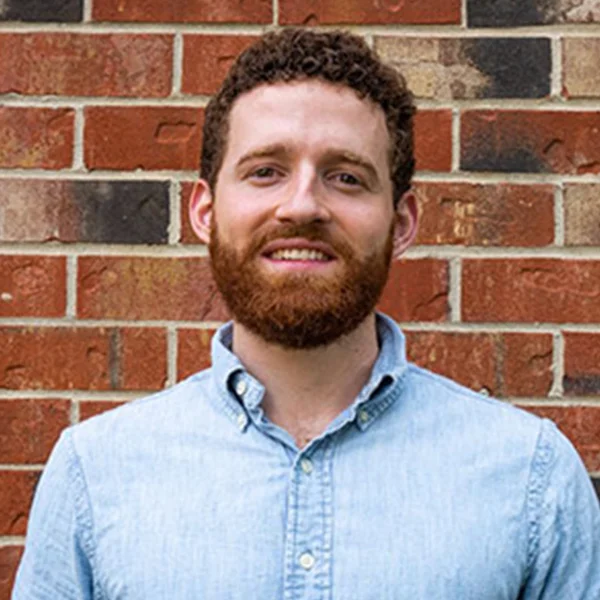
Hispanic Heritage Month: Latinx Partners Leading The Way
Hispanic Heritage Month is an opportunity to honor and celebrate the countless contributions to American society and culture made by Latinx community members. There are more than 60 million Latinx Americans working to make our country a stronger, better whole. They are parents, students, community leaders, engineers, artists, doctors, entrepreneurs, civil servants, and a critically important electorate that’s only recently begun to receive some of the attention it deserves.
At the vanguard of the movement to more effectively organize within these communities are dozens of pioneering Latinx-led organizations looking to optimize their strategic outreach on democracy issues and blaze new paths towards collaboration. For our part, ReThink has evolved in our approach to Inclusive Democracy and made partnering and supporting Latinx-led organizations a priority in 2023 and 2024.
As we enter the final days of this year’s heritage month, we’d like to spotlight some of our Latinx partner groups and their invaluable Spanish-language initiatives. We’d also like to share more about our own language justice work and resources created to aid democracy advocates on the ground.
EMPOWERING SPANISH-LANGUAGE COMMUNITIES IN THE FIGHT FOR DEMOCRACY.
MIXING SPANISH AND SPANGLISH IN THE TARHEEL STATE.
Poder NC executive director Irene Godínez is working to ensure that the voices of Latinx North Carolinians of all ages are heard and carry power. Poder NC’s focus is on grassroots organizing, training, civic engagement, and growing the electorate.
In fighting for a stronger democracy in North Carolina, Godínez says her organization has been intentional in its outreach to Spanish-speaking communities, making sure to meet them where they are.
“Poder does bilingual work, but we also use a lot of Spanish,” Godínez told ReThink Media. “We know that our target audience is young Latinx people who are English-dominant.”
One example of this kind of tailored outreach is Poder’s successful get-out-the-vote digital advertisement released before the 2022 elections:
Godínez explains the importance of Spanish-language outreach, but cautions that groups should assess their capacity and existing partnerships before getting involved and make sure to keep an eye out for collaborative opportunities.
“You need to make sure things are intentional and well thought out and the community’s needs are being met in a way that’s accessible” says Godínez. “Unless an organization is able to see Spanish-language work all the way through, they should instead consider partnering up with advocates whose base is Latinx and who can bring that added experience.”
Spanish-Speaking voters put pressure on election deniers
In the southwest, Living United for Change in Arizona (LUCHA) Democracy Director Gina Mendez and her team are organizing on multiple fronts to achieve a more inclusive democracy.
LUCHA’s wide-ranging work on voting rights emphasizes outreach by native Spanish speakers with connections to the communities they serve. The group is in the midst of a campaign to register 12,000 new voters by December in addition to their series of Democracy Orientation events that educate on issues like voter suppression and non-citizen voting.
“By tailoring outreach to Spanish-speaking communities, we’re not only breaking down language barriers but reaching a large portion of Arizona’s population,” says Mendez. “For our Democracy to shine bright, we must do the work to include all voices.”
The organization is investing in Arizona’s numerous rural communities spread between border towns. These are places where nearly a majority of the population is Latinx or Spanish speaking, requiring a tailored approach in outreach. It’s why LUCHA has decided to bring on organizers directly from these communities to best connect with residents.
In Cochise County, for example, Mendez tells of the work being led by one of LUCHA’s organizers, Douglas. Douglas, who primarily speaks Spanish, is dedicated to keeping public attention on the county’s board of supervisors after its dangerous decision to refuse to certify election results last November (the board eventually gave in following a federal court order). Now, like back then, Douglas is pushing his community to remain involved by testifying, often in Spanish, during the board meetings.
“As the presidential elections are upon us, we are organizing to ensure that Spanish speaking voters’ voices are included and putting pressure on election deniers in Arizona,” says Mendez.”
A NEW DAWN FOR CAMPAIGN FINANCING IN THE BAY AREA
In California, Bay Rising acting executive director Irene Rojas-Carroll and colleagues are working to achieve generational change. Bay Rising is composed of three local alliances: Oakland Rising, San Francisco Rising and Silicon Valley Rising. Those local anchor alliances, in turn, are driven by grassroots groups, led by people of color, that organize communities of color.
In 2022, the Oakland Rising alliance, along with several partner groups, achieved a massive victory for democracy when Oakland became the first city in California to adopt a program of public campaign financing for elections known as “Democracy Dollars.” The program is centered around empowering regular voters by giving them vouchers which can be put towards funding the campaigns of local candidates. In doing so, it also aims to counteract the influence of wealthy donors looking to take away Oaklander’s power over the decisions that impact their everyday lives
Whether it’s supporting “Democracy Dollars”, fighting for better public safety laws, or bread-and-butter voter outreach, Rojas-Carroll says that knowing your audience and considering cultural contexts is essential.
“This is the work of democracy advocates, by and large: building a bigger “We”,” says Rojas-Carroll. “It’s not just people who already have the ear of elected officials – we mean all our families. Latine people and Spanish speakers are a part of the fabric of our communities. We’re all connected.”
Leading up to the 2022 midterm elections, Bay Rising ran a series of Spanish ads, educating voters on the importance of voting in district attorney races via radio, Facebook/Instagram, and YouTube. The campaign was a hit, racking up more than 700,000 impressions across all platforms.
Rojas-Carroll notes, though, that outreach to Latinx communities and other communities of color can’t be one-dimensional or short-sighted.
“Voter education is intergenerational,” says Rojas-Carroll, noting that there are multiple generations in Spanish-speaking households which require tailored outreach.
“Outreach needs to be strategic and requires narrative building,” Rojas-Carroll adds. “We’re not going to radically change people’s minds in just one or two years.”
TRAINING THE NEXT WAVE OF SPANISH-LANGUAGE ADVOCATES.
In April and May 2023, ReThink Media partnered with the Center for Popular Democracy in rolling out a pilot Spanish language spokesperson training program designed for democracy advocates. The training program was aimed at bolstering advocates’ ability to support pro-democracy programs while also advancing an agenda of language justice.
The training program was preceded by a “listening tour” of meetings with leading democracy organizations (NALEO, UnidosUS, Brennan en español, Hispanic Federation, and All Voting is Local) that are investing in Spanish language outreach as well as with researchers focused on reaching Spanish speaking audiences (Equis Research and Anat Shenker Osorio Communications, among others).
Over four weeks, more than two dozen Spanish-speaking advocates (including team members of LUCHA AZ, Oakland Rising, and Bay Rising) learned about news values, using social media to reach Latinx audiences, messaging on democracy issues in Spanish, and how to handle live interviews. The series also resulted in new curriculum materials, new talking points in Spanish, and the development of new Spanish language resources for democracy advocates, including press lists and a Spanish language democracy messaging guide.



